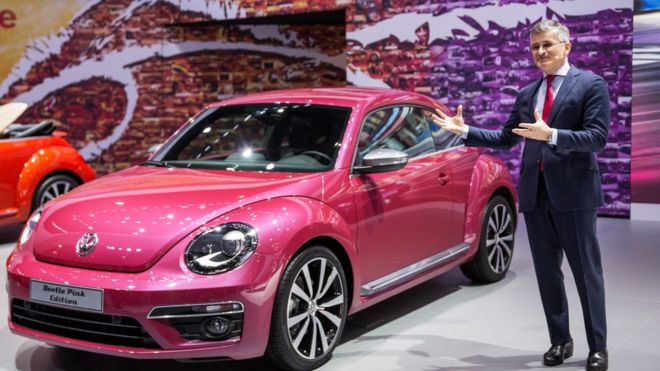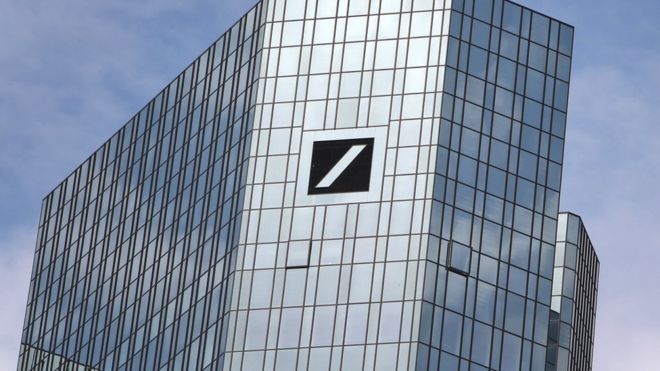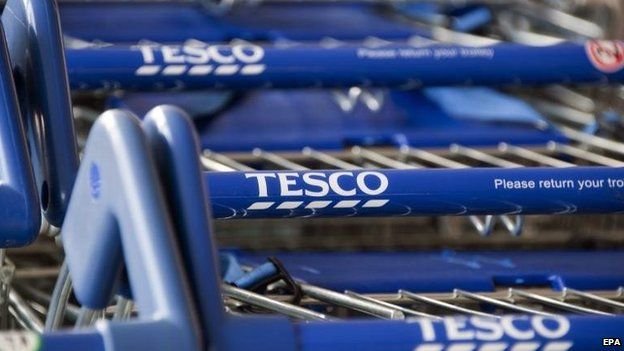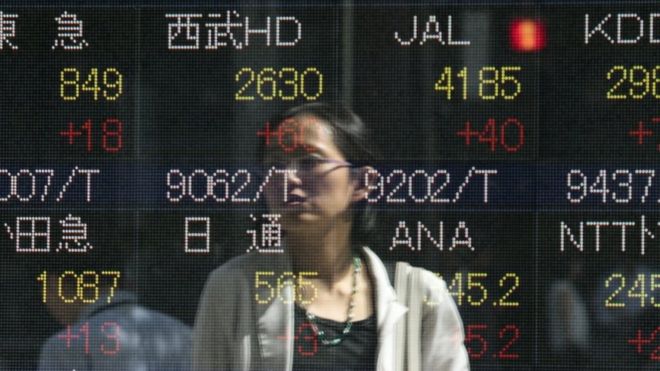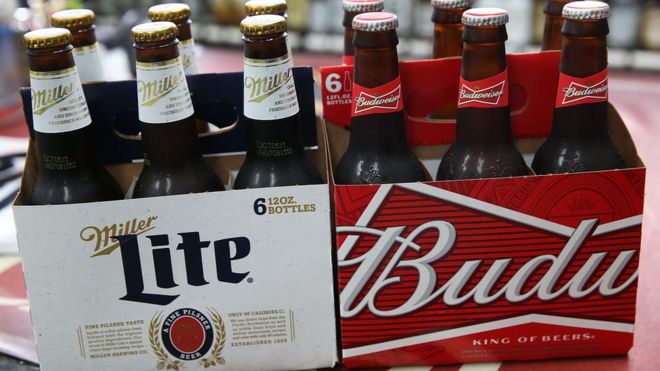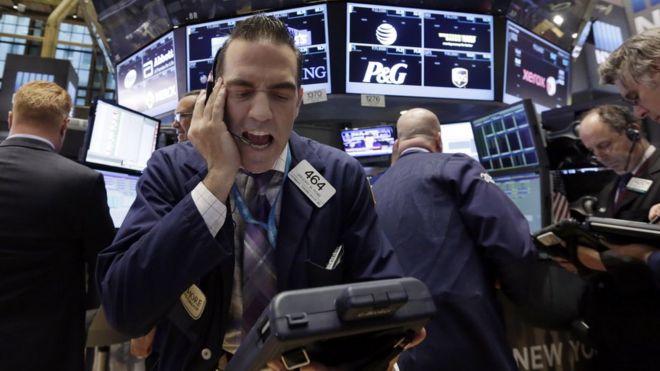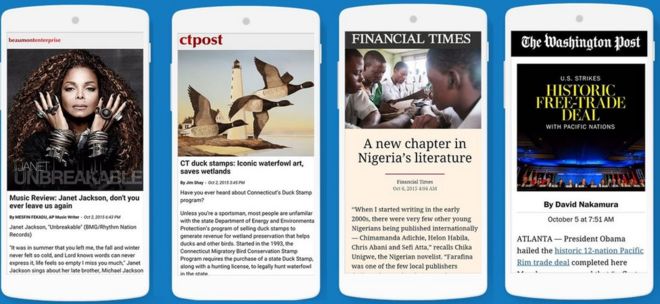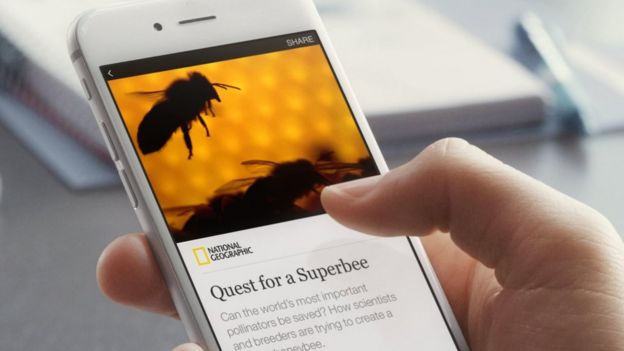Volkswagen's US boss has admitted he was aware early last year of the emissions cheating affecting millions of the company's vehicles.
Michael Horn said he was told about a "possible emissions non-compliance" in the spring of 2014.
The revelation was made in testimony due to be presented to a House committee investigating the scandal on Thursday.
He said he was told after a study by West Virginia University was published.
"I was informed that EPA [Environmental Protection Agency] regulations included various penalties for non-compliance with the emissions standards and that the agencies can conduct engineering tests which could include 'defeat device' testing or analysis," he said.
"I was also informed that the company engineers would work with the agencies to resolve the issue."
Mr Horn said in the written evidence it was not until 3 September this year that Volkswagen told US authorities about the "defeat device" in emissions software in diesel vehicles for the model years 2009 to 2015.
'Deeply troubling'
The software allowed a vehicle to recognise whether it was being driven on the road or running in a test laboratory, and turn engine emissions controls on or off.
Mr Horn said the events had been "deeply troubling", adding: "I did not think that something like this was possible at the Volkswagen Group.
"We have broken the trust of our customers, dealerships, and employees, as well as the public and regulators."
He said the company took full responsibility for its actions and was co-operating with all relevant authorities.
"Responsible parties will be identified and held accountable," Mr Horn said.
As well as striving to rebuild the company's reputation, the priority was finding remedies for the three groups of vehicles affected, he said.
The executive will give evidence to the House Energy committee and Commerce subcommittee on oversight and investigations before being questioned by the politicians about the scandal, which affects half a million cars in the US.

